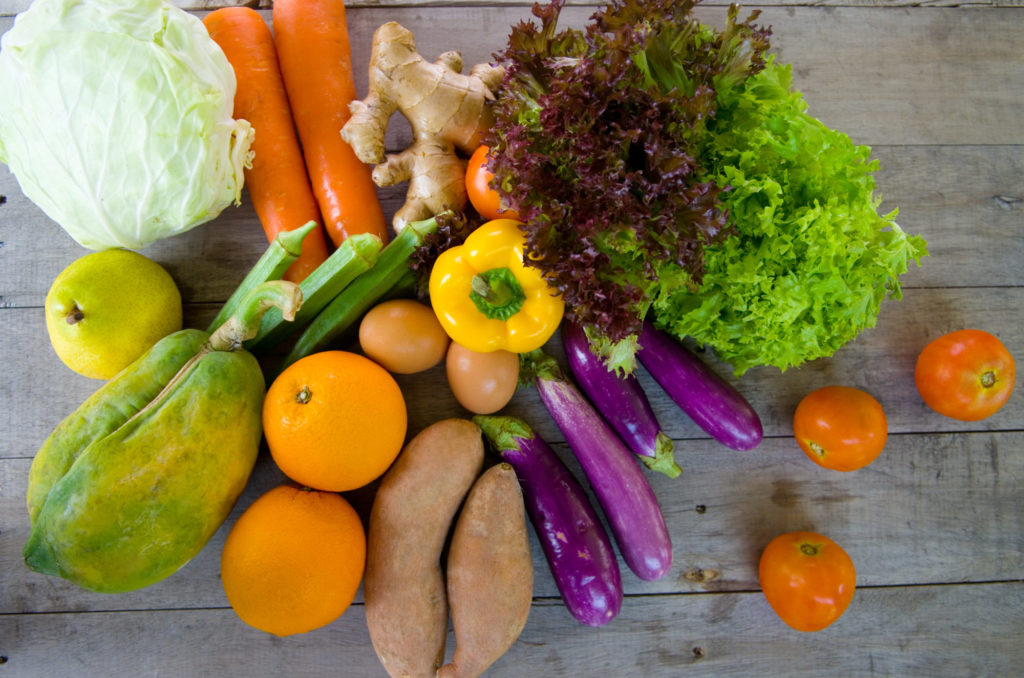Objectives:
- To investigate the diverse experiences of the organic movement and sector, considering particularities and what can be generalised.
- To review and revise the theorisation and empirical understandings of the organic movement and sector, especially the interactions between these two aspects of organic food and farming.
- To take account of the evolution of the movement and sector as younger actors take a role challenging existing binaries, orders and understandings.
Topic:
It has been over 25 years since EU wide legislation helped catalyse the organic farming and food movement, creating a global market for organic products and introduce a range of support mechanisms. The challenge of that social movement remains vital, as it has to cope with the challenge of healthy growth in potential collaboration with the conventional sector while at the same time avoiding the danger of being co-opted by conventional structures. At the same time, the ‘old’ organic movement is increasingly challenged by new ‘young’ movements and forms of agriculture such as urban food, permaculture, ‘uncertified organic’ and supply chains outside of those dominated by the supermarkets. In places, and at times, this has resulted in tensions between the goals of the movement and the aspirations of a commercial sector engaged in provisioning consumers. On-farm processes of generational change are leading to changes within households, while agronomic developments claim to blur the boundaries between organic and non-organic production. At the same time, newcomers to alternative food movements seem to challenge organic ideas while suggesting more radical approaches to alternative food production. Given the changes in the sector and the movement, it is timely to revisit the topic to note the changes. The global organic movement has offered a reformulation of the organic prospectus in its Organic 3.0 document[1]; this session looks to scholars to meet that challenge.
We invite papers and contributions that take a longer view of the movement or the sector. We also invite papers that attend to the regional or national situatedness of the organic experience and address the ways in which localised conditions and situated complex historical and institutional geographies facilitate or challenge the alignment of organic production with the institutional context/goals of the movement.
Format:
We will offer a series of themed workshops, to explore particular topics related to the movement or the sector, including that of organic farming, organic food, supply chains and challenges such as urban food or responses to technologies and regulations. The working group will conclude with a panel discussion to consider the trajectory of the movement and sector, as well as the scholarship focused on it.
[1] https://www.ifoam.bio/en/innovation/organic-30-next-phase-organic-development
SESSION 1: ORGANIC 3.0: HISTORY AND CONTEXT
SESSION 2: BOUNDING, FRAMING AND INSTITUTIONALIZING ORGANICS
SESSION 3: ORGANIC 3.0: PRODUCERS AND PRODUCTION
Abstracts
Working Group Session 3 Thur 09:00 – 10:30
- Matthew Reed – The future is participation: Charting the waves of the global organic movement
- Karlheinz Knickel – Organic Critical Mass: An initial investigation
- Heidrun Moschitz – Rethinking Organic Farming in the Post-Socialist Context: Lessons from Bulgaria
- Lukas Zagata – Is Czech organic sector fit for the new framework Organic 3.0?
Working Group Session 4 Thur 11:00 – 12:30
- Ika Darnhofer – A relational perspective of the trajectory of the organic sector in Austria
- Megyesi Gergely Boldizsár – The driving forces of institutionalisation: the spread of organic farming in Romania
- Tuija Mononen – Framing of organic farming in Finland
- Ken MacDonald – Bounding Quality: Convention and the Qualification of Organic Production in Southern France
Working Group Session 5 Thur 14:00 – 15:30
- Christina Bernheim – Moving towards Organic 3.0? Stories from New Zealand dairy farmers
- Rebecka Milestad – The next step for organic production and consumption in Sweden: actors’ views on organic 3.0
- Anna Milford – Organic fruit and vegetable production in Norway: Is local marketing a lifestyle or a job?

